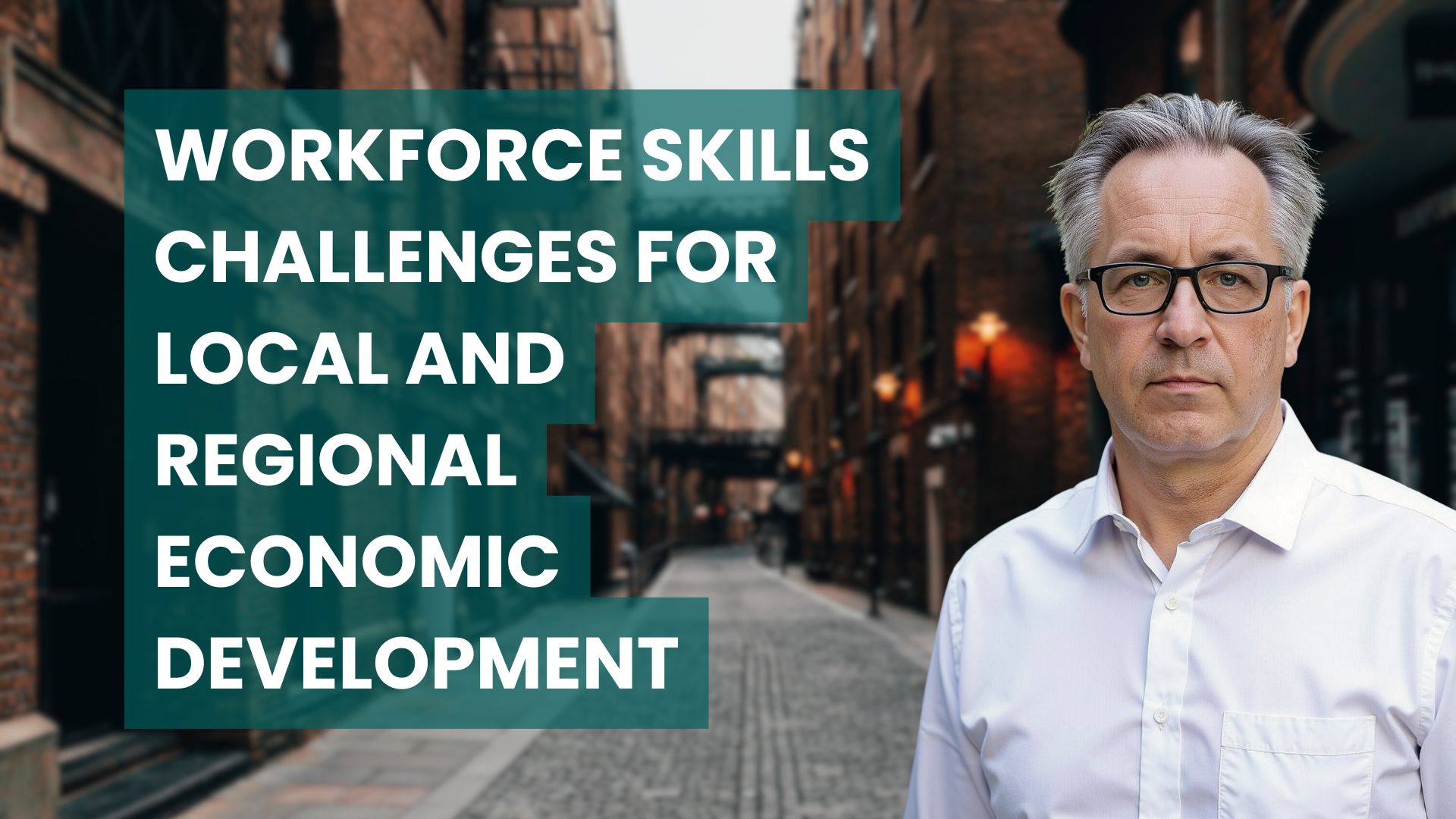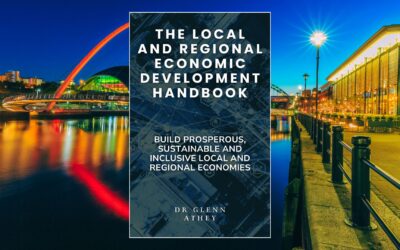An Analysis of Skill Weaknesses and Professional Development Challenges in Local and Regional Economic Development Across Select Nations
The skills challenge for economic development activities and services
Economic development officers and managers serve as pivotal figures in fostering economic prosperity within their respective local and regional jurisdictions. Their responsibilities are extensive and multifaceted, encompassing the attraction of new businesses, the support of existing enterprises, and the implementation of strategies for job creation and environmental improvement.
These professionals are tasked with increasing jobs and economic growth in their areas, working collaboratively with local communities, governmental bodies, and private companies to plan and execute development projects. Specific duties often include working on neighborhood renewal, attracting sustainable development, building partnerships, bidding for funding, managing budgets, setting up training schemes, advising local businesses, and promoting the area to attract investment and tourism.
The role demands a high degree of professionalism, problem-solving acumen, and the frequent exercise of independent judgment. The extensive and varied responsibilities of economic development professionals inherently demand a broad spectrum of skills.
This wide scope, encompassing areas from financial analysis and project management to community engagement and policy formulation, means that maintaining proficiency across all necessary domains becomes inherently challenging without equally comprehensive and continuously updated training. This complexity contributes to the emergence of widespread, multi-faceted skill deficiencies rather than isolated shortcomings, making targeted interventions more difficult to implement effectively.
The Chief Economic Development Officer’s Group study for the Local Government Association for England and Wales
The Local Government Association published a very useful study exploring the skills needs for local economic development and growth, which canvassed the views and experience of Senior Executives in Local Government (link to report here).
Feedback from participants in the study has been that there are very limited opportunities to enhance skills and experience through ongoing Continual Professional Development or specialist economic development orientated (and affordable) training courses.
Continuing Professional Development has traditionally revolved around attending conferences and undertaking internal Local Authority training in areas such as Equalities and Diversity, Health and Safety and Financial compliance. Some Authorities provide subject relevant internal provision including elements of Prince II or project management, financial management and communications skills.
“In terms of skills development, I think a structured programme looking at regeneration as a whole – I did a few structured courses early on in my professional career which covered a range of topics from skills (what is a logic model, theories of how to deliver change, community consultation, writing funding applications) through to key topics (how to deliver inward investment – drivers & best practice; how to tackle worklessness) – I now have a bank of this knowledge (developed how to tackle worklessness framework) but I think many newer to regeneration don’t have this breadth of knowledge or have access to a longer programme. (even MA type qualifications focus only on urban regen – they don’t include either issues of towns or rural areas).”
The conclusions relating to the key areas of skills gaps within Economic Development are listed below and these are areas where training and development opportunities can be more limited:
Technical Skills
- Data Analysis and Understand Economic Trends
- Professional skills including those related to Planning and Highways
- Business Case Development and Appraisals
- Town Centre Regeneration processes
- Business finance
Soft Skills
- Working in a political environment
- Being able to convene partnerships around common objective
- A range of interpersonal skills
- Ambitious for local communities
Competencies
- Being an informed purchaser of professional services and management of consultants
- Being able to see the bigger picture around economic development
- Applying economic development approaches to tackling local challenges
- Flexibility of approach and ability to creatively problem solve
The implications are that the economic development profession in England and Wales faces significant barriers to professional development and skills acquisition. There is an insufficient range of courses, mentors, advisors or resources.
It is a core intention of Economic Development World to analyse and understand skills needs for economic developers – and to provide solutions to them.







